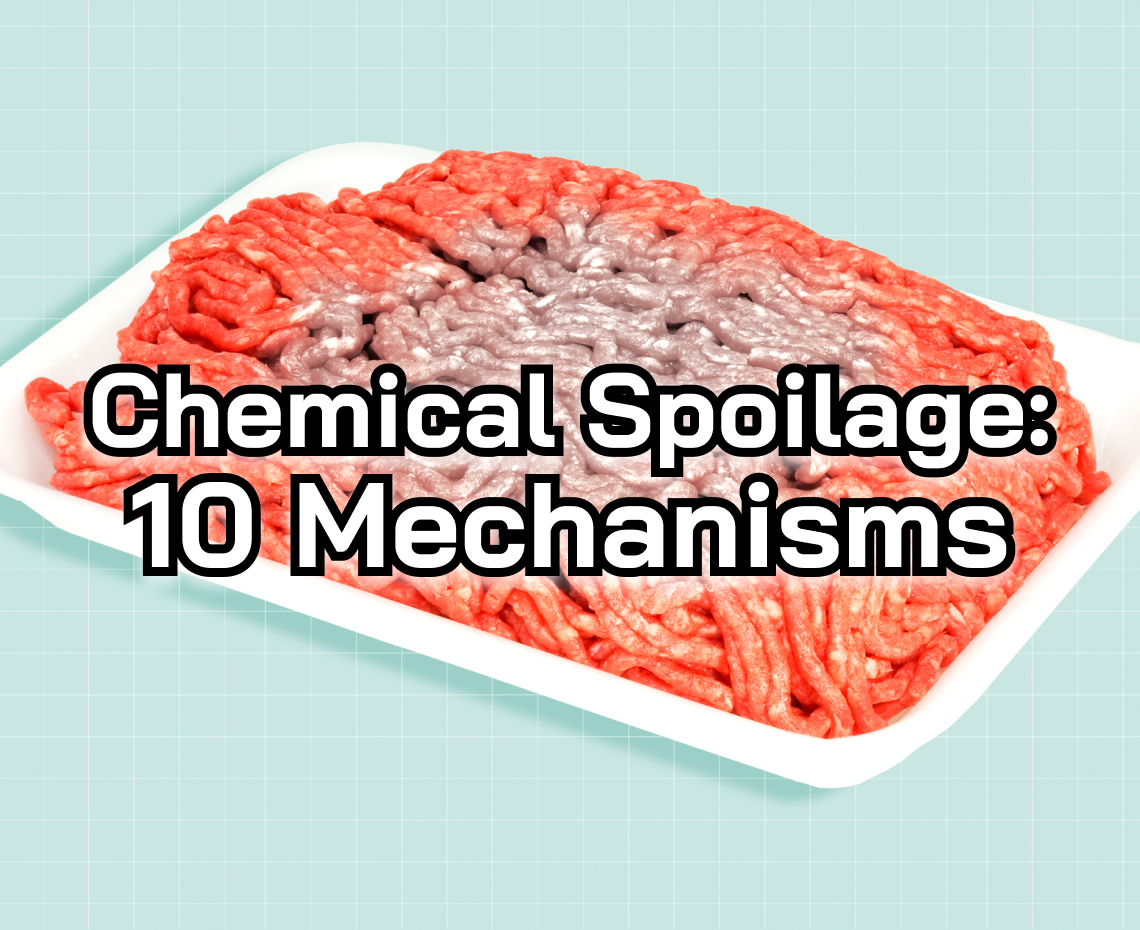5 Things Every Manager Needs to Know About Shelf-Life Testing
.png)
What is Shelf-Life?
Shelf-life is the length of time that a product can be stored while remaining usable and fit for consumption or sale.
What Can I Learn From Performing Shelf-Life Testing On My Product(s)?
Shelf-life testing can help you learn many valuable things about your product, including:
- In what way your product changes with time and storage conditions.
- How long your product can be stored before the quality deteriorates to the point at which it is unfit or unsafe for use.
- How quickly the quality of the product declines under various storage conditions.
- What changes occur (microbiological, chemical, physical, and sensory) in your product over time.
- The timeframe you have for distribution and storage of your product.
Why is Shelf-Life Testing Important?
Shelf-life testing is essential for:
- Ensuring customer satisfaction
- Determining accurate expiration dates
- Providing insights to product development and formulation personnel
- Brand name protection
- Production volume decisions
See 8 Reasons Companies Perform Shelf-Life Testing
When Do I Need A Shelf-Life Study?
Shelf-life studies should be conducted under the following situations:
- During product formulation or before a new product launch (new)
- When you modify a formulation, process, or storage condition (change)
- When a consumer complains or when a product spoils before the stated shelf life (corrective action)
- Periodically to ensure that the product is performing as desired and expected (verification)
Where Should Shelf-Life Studies be Conducted?
It is best to conduct shelf-life studies at a laboratory. This is because they can provide guidance and a controlled environment. However, make sure that you choose a laboratory with the research capacity, experience, and expertise to properly design and conduct an accurate study. For example, AEMTEK is one of these such laboratories.
Experience and knowledge are important because knowing what types of analyses to perform is vital to achieving accurate results. Knowledgeable experts will decide what to test based on product specifications and storage conditions. These experts will also recommend how often to test samples during the study. We refer to these testing intervals as “test points”.
Lastly, the study also must take place under environmental conditions that mimic real life. Whoever is performing the testing must reliably — and exactly — maintain the determined environmental conditions for the duration of the study.
Learn more about shelf life testing at AEMTEK
Interested in performing a study with us? Contact our experts for a quote today!

.png)
